Fannie Mae and Freddie Mac Stocks Rally to 2008 High Following Trump’s IPO Comments
Over-the-counter (OTC) stocks of Fannie Mae and Freddie Mac surged to their highest levels since 2008 on Thursday after former US President Donald Trump indicated potential plans to take the mortgage giants public. The US Treasury currently holds preferred shares in both companies and retains rights to acquire approximately 80% of their common equity, a remnant of the 2008 housing crisis bailout. This potential privatization signals a major shift in US housing finance policy and has drawn significant attention from investors and policymakers alike.
Potential Privatization and Its Implications
The proposal to spin off Fannie Mae and Freddie Mac into publicly traded entities would represent a significant political victory for conservative factions advocating for reduced government involvement in the housing finance sector. These groups have long pushed for privatization of state-owned enterprises, including the US Postal Service and Amtrak.
By removing these mortgage giants from federal control, the US government would transfer substantial credit risk back to the private market. While this move could unlock value for investors and reduce the federal budget burden, it also raises concerns about the stability of the housing finance system. Critics warn that such a transition might increase mortgage costs for borrowers, as private capital demands higher risk premiums compared to government guarantees.
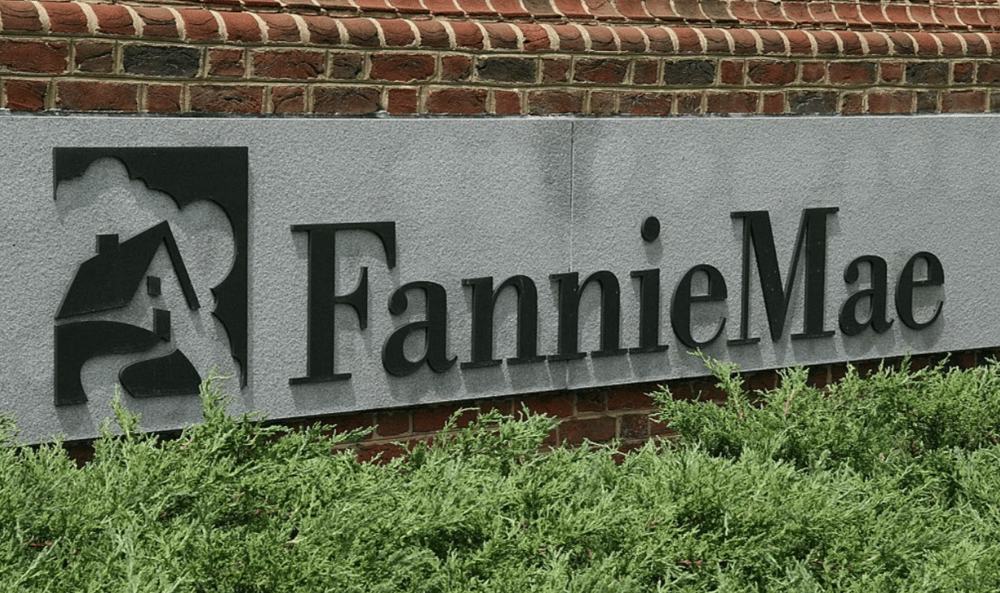
Quick Facts:
OTC stocks Fannie Mae and Freddie Mac hit highest prices since 2008 on Trump’s IPO remarks
US Treasury holds preferred shares and option to buy 80% of common stock
Privatization aligns with conservative policy goals to reduce government ownership
Previous bailouts during 2008 financial crisis resulted in Treasury control
Potential risk of higher mortgage interest rates for homebuyers post-privatization
Continued Analysis: Market and Political Reaction
Investor enthusiasm around Fannie Mae and Freddie Mac’s potential IPO reflects optimism about unlocking shareholder value after years of government conservatorship. However, market analysts caution that the timing and scope of any public offering remain uncertain and contingent on regulatory approvals and political negotiations.
Financial markets also weighed the potential impact on mortgage lending costs. Transitioning to a privatized framework could increase risk-adjusted returns for investors but may translate into elevated borrowing costs for American homeowners, potentially affecting housing affordability.
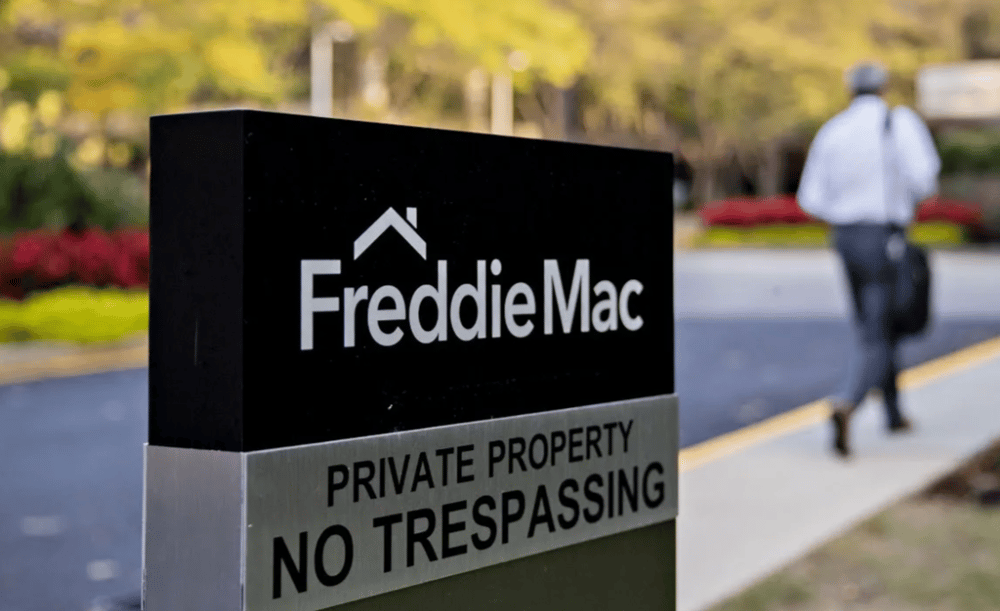
Key Points:
The surge in OTC mortgage stock prices signals market anticipation of privatization.
Treasury’s substantial stake complicates the transition to full privatization.
Political momentum for reducing federal involvement is strong among conservatives.
Potential increase in mortgage rates could impact US housing market dynamics.
Regulatory and legislative hurdles remain significant before IPO execution.
Significance of Potential Privatization for US Housing Finance
The prospect of taking Fannie Mae and Freddie Mac public marks a pivotal moment in US housing finance reform. While it promises to shift risk away from taxpayers and possibly improve market efficiency, the move carries implications for mortgage affordability and market stability. Stakeholders, including investors, policymakers, and homebuyers, are closely monitoring developments as the balance between privatization benefits and systemic risks continues to unfold.


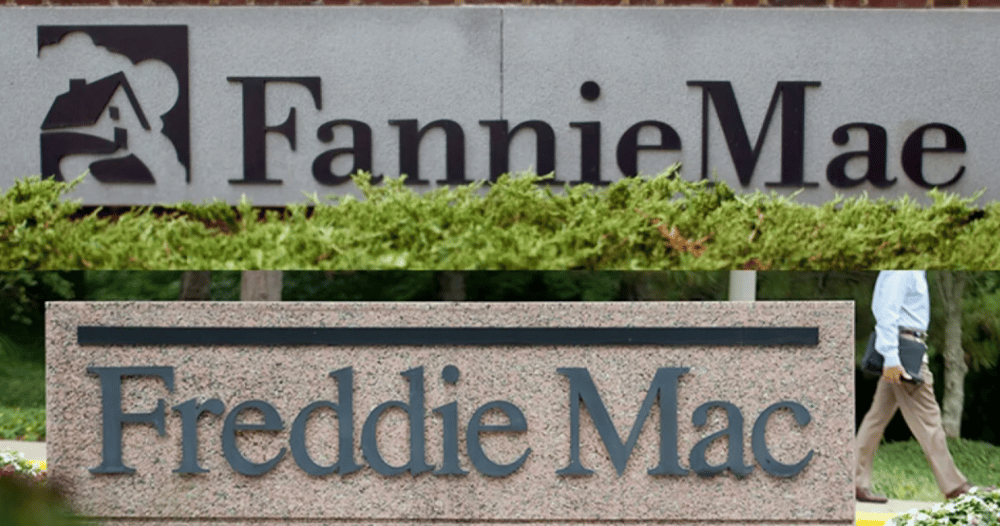










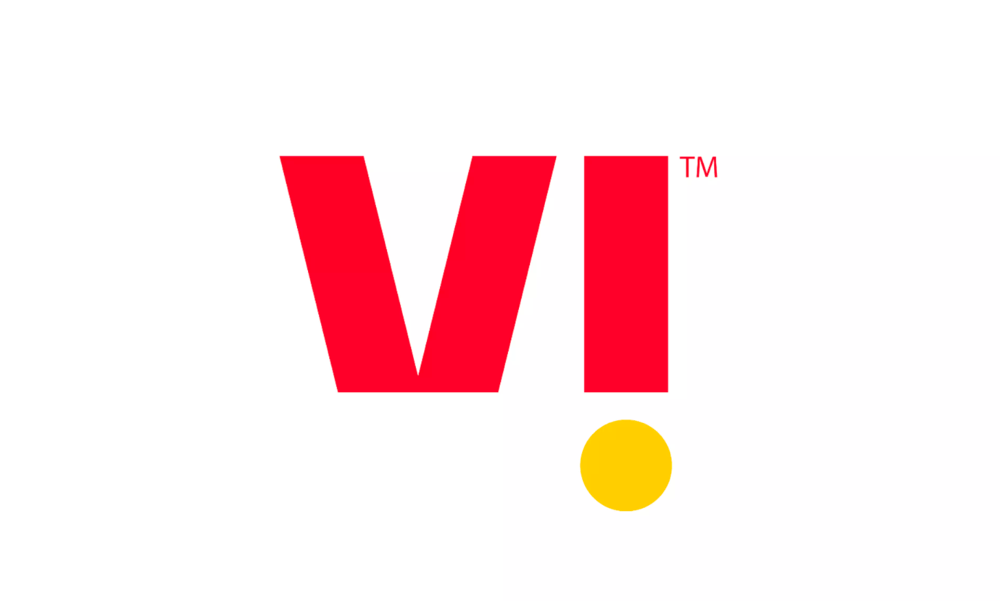
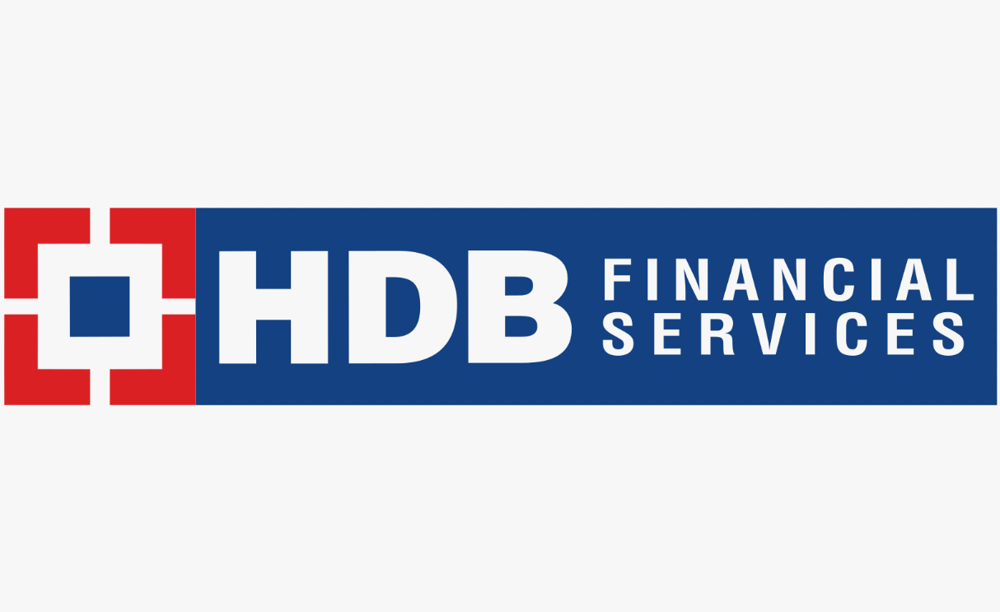
Comments